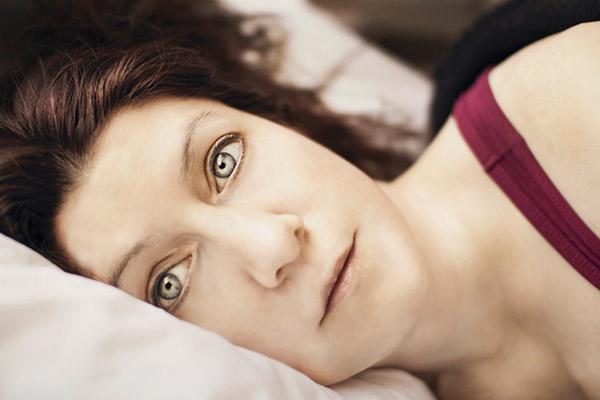
The Paediatric Sleep Interest Group (PSIG) is a SIG of the Canadian Sleep Society and was formed to identify and address the clinical, research, educational and public policy needs relating to sleep in children and teenagers. The group consists of research scientists, clinicians, sleep technologists and sleep medicine student/medical trainees who are concerned with sleep in children’s physical health, academic performance, and emotional and mental well-being. Members receive regular updates regarding new findings, debates, or policies related to pediatric sleep medicine. They are also invited to discuss and consult on newly developed research methodology and clinical cases.
The PSIG aims to address several issues within the domains of clinical care, research, education, and public policy.
Clinical Care
- To identify key information and resources that should be disseminated to health care professionals
- To promote the uniformity of care related to technology used to evaluate sleep (e.g. polysomnography) and guidelines for the diagnosis and treatment of sleep disorders,
- To promote the creation of sleep clinics that have the capacity to evaluate pediatric patients
- To facilitate the integration of the concepts of dentistry as they apply to sleep disorders in children
Research
- To provide a forum for investigators to network and develop multicenter collaborations and research trials designed to investigate sleep in the pediatric population
- To lobby for additional funding in this research area
- To promote the development of a research network with all interested stakeholders, e.g. clinicians, scientists, dentists
Education
- To disseminate research findings to health professionals and to the general public via multiple venues (i.e., international conference, online etc.)
- To collaborate with other members of the CSS in the development of education programs for professionals who evaluate children with sleep disorders (e.g., physicians/ psychologists/ nurses/counsellors etc)
Public Policy Advances
- To involve policy makers and enhance the importance of issues related to pediatric sleep in the education and health systems
- To create a consensus statement on pediatric sleep that will be adopted by stakeholders nationally

The Insomnia Interest Group connects clinicians and researchers in the field of insomnia across Canada. Its primary goal is to enhance access in Canada to information about insomnia and to evidence-based treatments.
Seeing the need to boost availability of evidence-based insomnia treatments, and inspired by the Pediatric Sleep Interest Group, the Insomnia Interest Group formed in late 2013. Three themes of activity were identified: access and education, insomnia treatment guidelines for Canada, and advancing research.
Access and Education
- To enhance access to the best treatments for insomnia, including cognitive behavioural therapy and knowledge about best practices regarding hypnotic medication.
- To provide education of health care professionals and the public about insomnia and evidence-based treatments, through writing, speaking, training and workshops.
- To encourage students in the area of insomnia through fellowships or conference travel funds.
Insomnia Treatment Guidelines for Canada
- To produce Canadian clinical guidelines for the assessment and treatment of insomnia.
Advancing Research
- To provide opportunities for members to discuss ideas, and to collaborate on research related to insomnia, including basic and clinical translational research.
- To encourage members to submit insomnia-related symposia to national and international conferences, and to serve on the CSS scientific committee or on the abstract review committee for CSS conferences.
